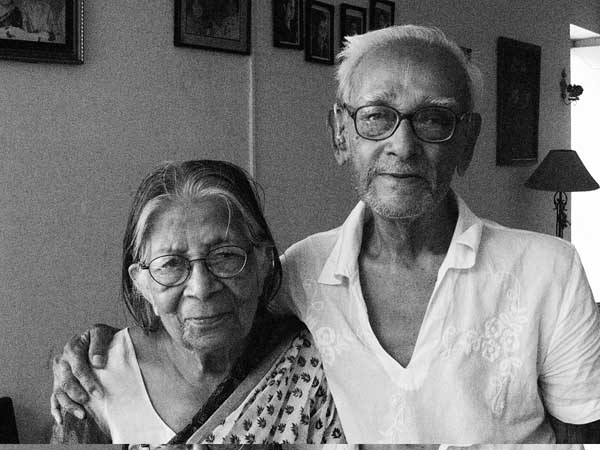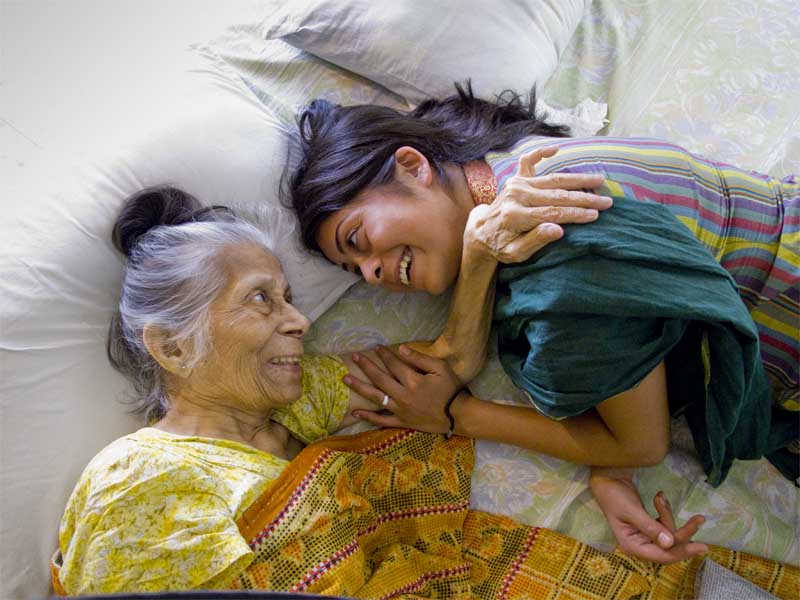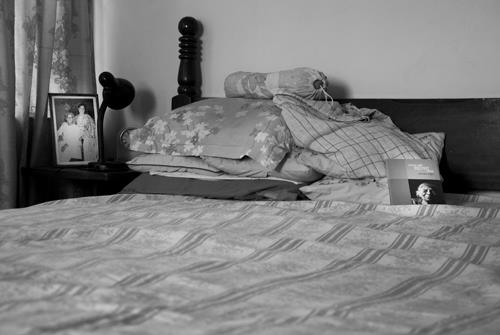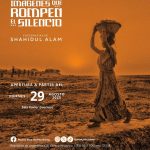
We were scared of her as children. Though she was our aunt, she was a strict teacher. Mistakes were not spared. The discipline helped, though it wasn?t something we had appreciated then. By the time we had worked it out, Khalamma (aunt) had changed, as had my relationship with her. The strict teacher had become a much loved aunt. A friend. It was no longer a relationship involving censure and discipline. It was loving, warm, tender.

In our old family albums there are photos of Chotokhalamma on a bicycle. She wore modern clothes. In stories that mum and dad would tell me of their growing up, we heard of a woman?s struggle to be educated. She herself would tell me about the realities of tempering her aspirations with the practicalities of being a wife. Of what was expected of her by her in-laws. Of the pain of accepting that higher education abroad was something she could never get.
She did get recognition in the end. The Begum Rokeya award in 2006 being significant amongst them. But hidden amongst the accolades are the harsh realities of growing up as a woman in a patriarchal society. Of the oppressive walls around her, of dreams suppressed. She was exceptional in many ways. Her autobiography was that of the Bangali Muslim woman. The story of this fighter is one that will touch many a soul.

The book was meant to have been published quite some time ago. The time it takes to bring out a book. The many hurdles one has to cross, were things I?d forgotten about. She was not always well. My uncle Chotokhalu left us. The section on him had to be changed. But she stayed patient. Comforting me when I got frustrated. Hiding her sorrow to comfort me in mine. On the last day I met her, when we all knew it was towards the end, we had all gathered. She winked at me and smiled ?Well we needed a get together?. As she held me tight with her feeble fingers, I stole one last kiss and left. Not strong enough to watch her following me with her eyes as I walked away.
—————————–
Rokeya Mannan (commonly known as Tulu Apa) was born on the 6th January 1925. A leading educationist and social worker in Bangladesh, she was educated in Lady Brabourne College in Kolkata in the late thirties and a witness to the social and political movements of Bengal. After partition she moved to Mymensingh. Throughout her active career, she played a leading role in women?s education and was a key player in the women?s movement in East Pakistan and later Bangladesh and was awarded the Begum Rokeya Padak for her contribution in these fields. She had been married to the well known anatomist, Professor S I G Mannan and had for many years been the Headmistress of Agrani School and College, the reputed school and college for girls set up by her sister, Dr. Quazi Anwara Monsur. Rokeya Mannan passed away at her residence in Banani at around 5:30 am on the 29th March 2012.
Related link: The Last Goodbye
Agrani School and College




